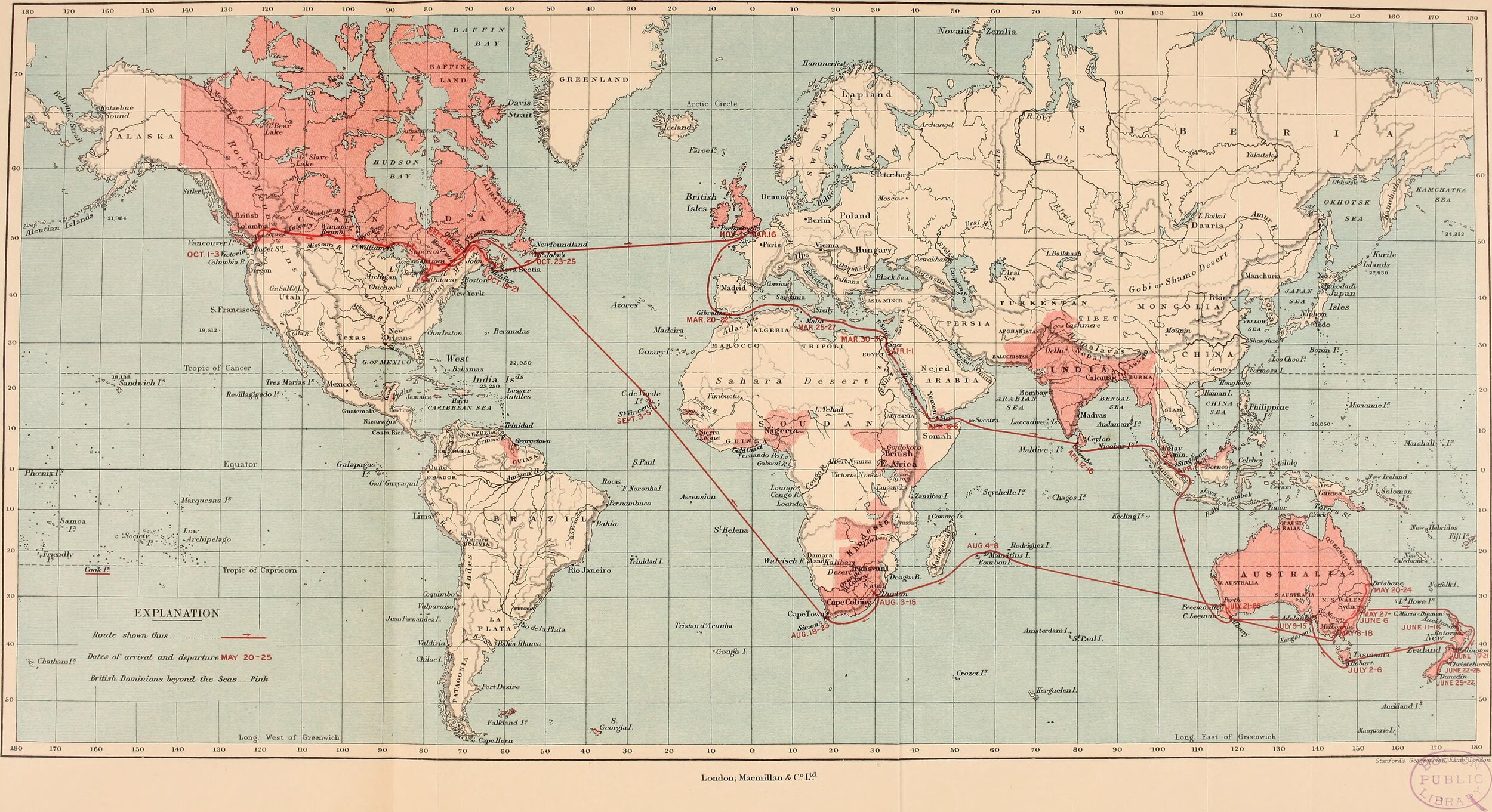
Part 5:
1945 to 2020: The Big Picture
#92 Nigeria and the Democratic Republic of Congo
In this blog, I have chosen to explore the examples of Nigeria and the Democratic Republic of Congo to show why countries rich in mineral resources still maintain high levels of people in deep poverty. Nigeria is important as an example as she has been pumping oil for decades. Out of the payments received by the Nigerian State, a new ruling class has arisen that are hugely wealthy. While the Democratic Republic of Congo is the example of my argument. The Democratic Republic of Congo is a huge territory in terms of size. She is blessed with every imaginable commodity. Yet, the Democratic Republic of Congo is one of the poorest countries on our planet.
#78 Super Wealth, Poverty and Inequality
From 1973, 70-80% of the USA working peoples income has remained static. The US has remained at war for the entire period. Over the last 20 years, she laid waste most of the modern Middle East. Her attempt to control the world economies have become ever more extreme. The wealth of the wealthiest has shown no boundaries. And now with the unsuspected arrival of a crisis in the forms of climate change and covid infections, the world is a more uncertain place than at almost any time since 1945.
#62 Independence, Democracy Freedom from Colonial Rule
All the old colonialist powers in Europe lost global power. After 1945, the USA consciously decided that it had a ‘competitive advantage’ over all other states. She was sufficiently strong economically that she did not need colonies to take a globally dominant position. During her discussions with Britain in 1943, she laid down that one of her prime conditions for the peace was that all colonised countries were to be open to USA trade. By 1945, the USA was sufficiently powerful to enforce this decision against the wishes of the older colonising powers in Europe and Japan.


